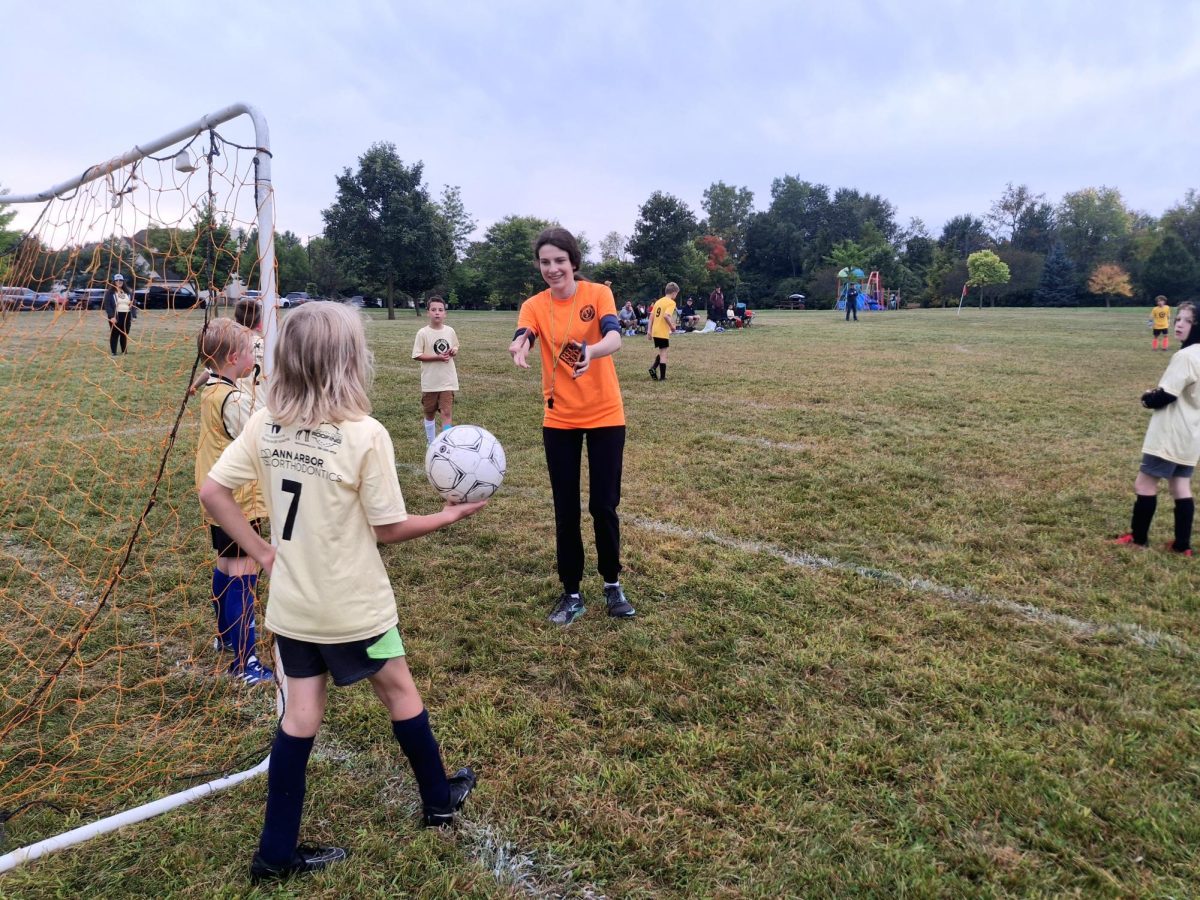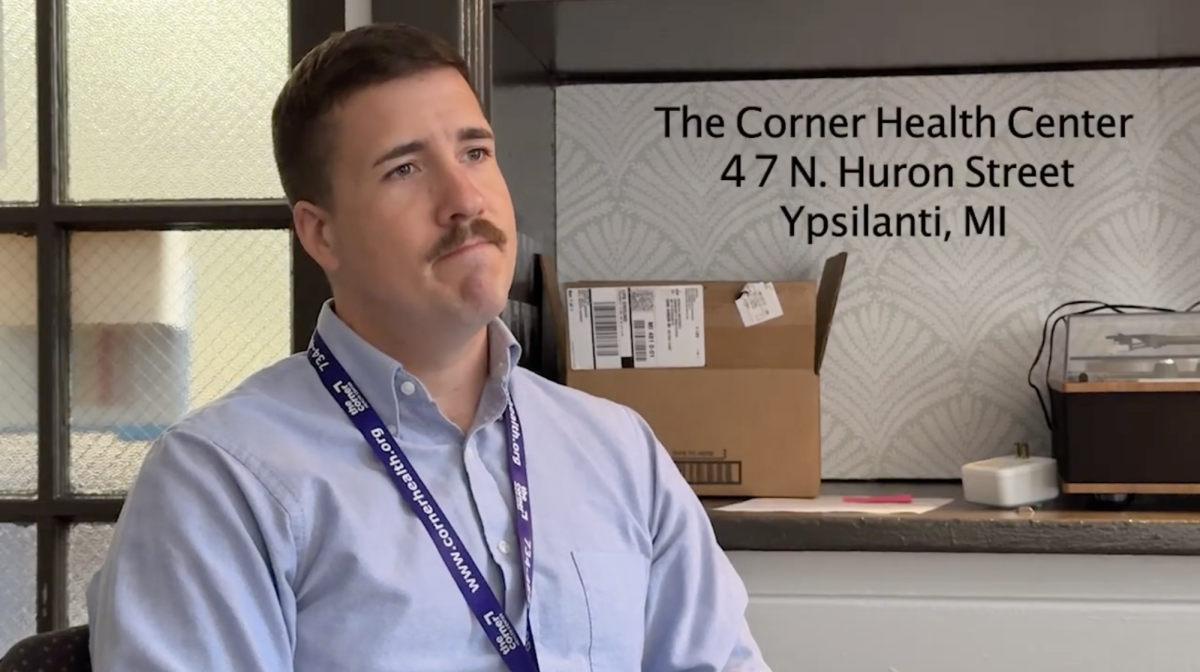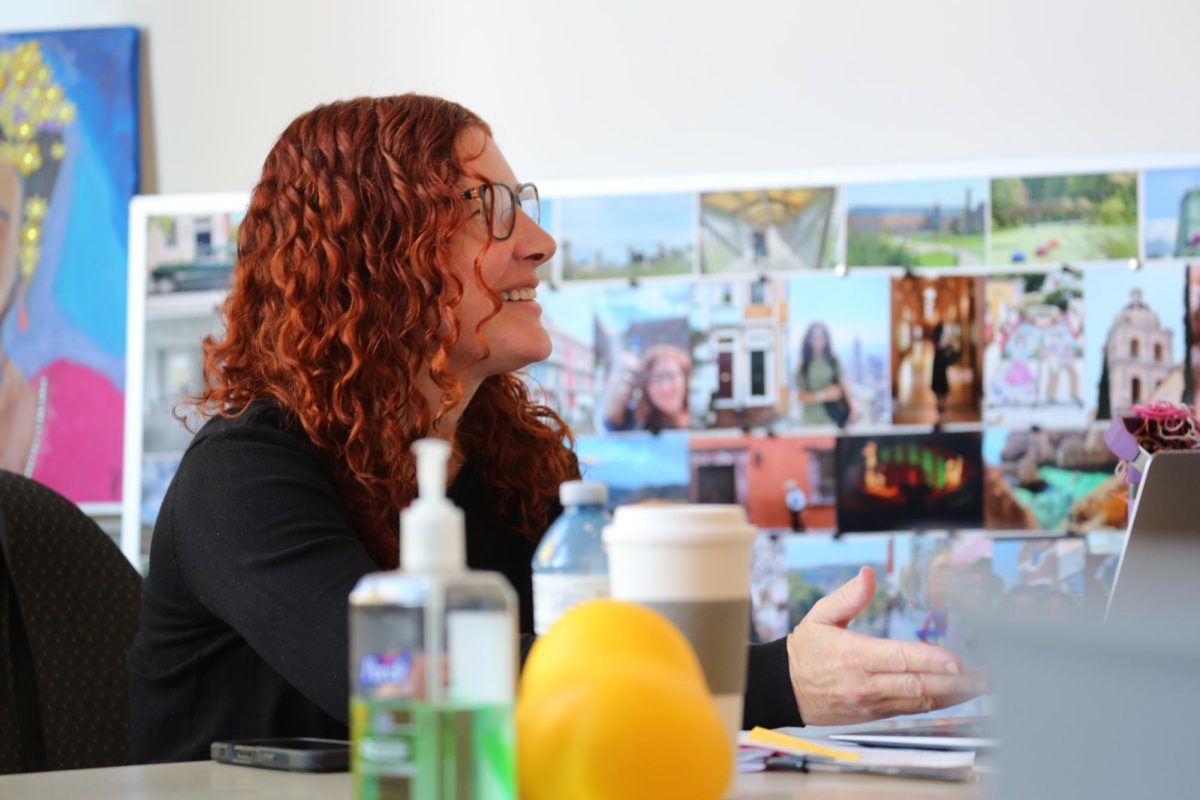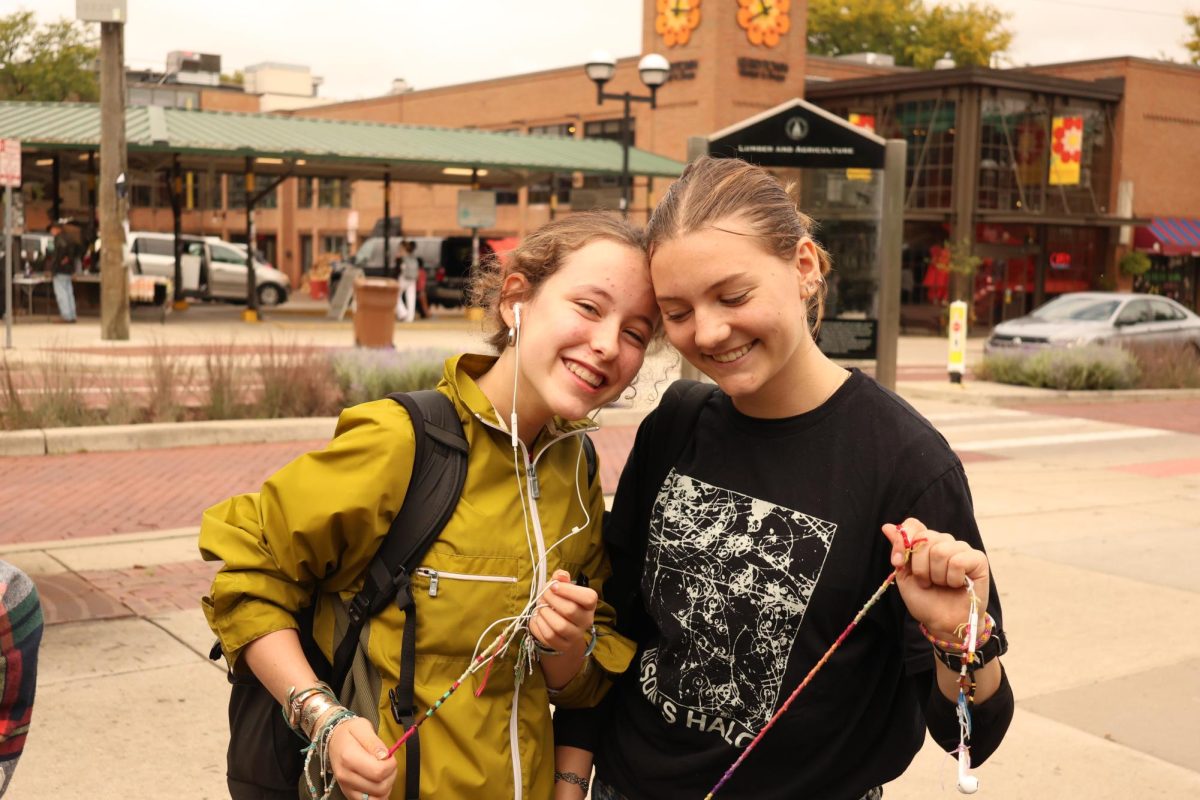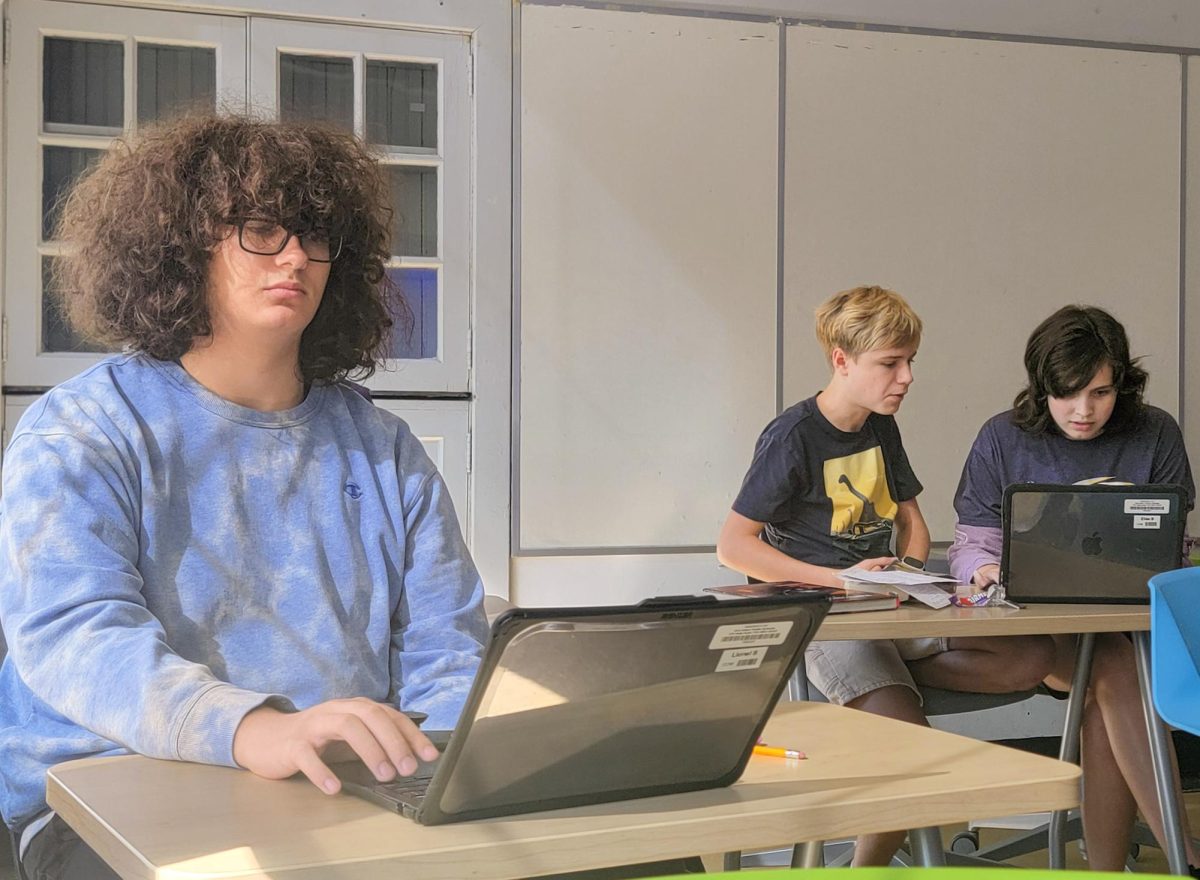Jasper Forgey is a member of Generation Z, the first truly online generation. Constant access to the web has created brand-new developmental experiences with unforeseen challenges and effects that we still do not fully understand. As Forgey has grown up, his understanding of the internet and the way we use it has grown as well. From YouTube to Instagram and everything in-between, Forgey recounts the evolution of online culture and his changing modes of interaction with it.
As a child, Forgey’s first introduction to the online world came from his neighbors. At his house in Milan, Michigan, a neighboring family with three siblings, all older than himself, would come over to his house and invite him into that expansive world inside the computer—the internet.
“They would come over to my house, and my dad had a really old iMac,” Forgey recalls. “And we would browse on it. We would go on YouTube, which was the first time I really saw social media.”
Hundreds of frenzied YouTube series were beamed into Forgey’s young brain. When it was too hot or too cold out, they would all get together and watch. He was introduced to anime, too, starting to read manga and curate his own online videos at only seven or eight years old.
Eventually, the time came for Forgey to create an online presence for himself. This, of course, was a YouTube channel. Going by the name of eepenguin28, Forgey and his friends cavorted around their backyards and streets making skits and short films. Innocent and fun, they would think up little video ideas and assemble in trees or at boring parent get-togethers to film.
However, YouTube was soon to lose its status as the giant of young people’s internet. In sixth grade, Forgey convinced his parents to get him an iPhone 6 as he entered middle school. In this new environment, around new kids, he discovered a very different feeling landscape, both in person and online.
“People had Instagram in Ann Arbor,” Forgey said. “It was a lot different. Even now, there are people, who because of Instagram, people know them. Even if we go to community, we see people from Skyline’s Instagrams, and we know, ‘Oh, that’s a popular kid in Ann Arbor.’”
This new, more social online era presented new opportunity for Forgey. He was able to bond with a friend from elementary school, who he no longer went to school with, by putting up stickers for a shared Instagram account called @ypsia2stickers. However, his activity in this era never became too personal.
“I was never public,” he remembers. “I never followed people from my school. That’s because I was very shy. I mean, I’m still pretty shy, but I was very, very, very shy.” This online shyness was short-lived, as soon came the tidal wave of Musically and TikTok. There, one was expected to be personal, and Forgey participated in the cycle of consumption and creation these apps inspire.
Overall, questions surrounding the impact of social media on Forgey’s life warrant nuanced answers. But does he think that it has made his life better?
“I think that’s a very complicated question,” he pondered. “I mean, from where I stand right now, I have friends that I’ve met that are from all over the world and all over the country. And social media is great because it makes it easy to see what’s happening in their lives, they just post for everyone you know, and so I can see, even if there’s not really necessarily an intention to reach out specifically to me . . . and I like that because I stay updated with them easily. But on the other hand, there’s lots of downfalls.” For him, social media may not have come at the best of times.
“A coming of age time for me was in seventh grade; I was like 13 or 12, and then COVID happened,” Forgey recalls. “So then I was just on my phone; we had asynchronous classes. I was just scrolling through TikTok to keep busy. And I think that kids are just really impressionable at that time. So I just mimicked what I saw. And I did the same sort of thing with my friends on Discord. And I wanted to be cool and popular; I wanted to be trendy I guess. So I think for me at that time, seeing all this stuff, being on TikTok really dictated a lot of what I did and said. And the same sort of thing with talking to online friends. You know, even though I didn’t know them, it was just different. And it can be bad, because lots of stuff is very unmoderated.” Along with the possible dangers of unmoderated content, social media can also be addicting. Forgey has struggled in recent years with being able to put his phone down and disconnect from the web.
Forgey started out by just trying to lessen his usage, but that proved to be insufficient.
“I had periods where I would delete Instagram, then redownload it, and then delete Instagram and redownload it,” Forgey said. Even more strategies had to be put in place. “After doing that, deleting and re-downloading Instagram, I finally went to my girlfriend and I said, hey, will you just put in a password for me for my screen time? And I don’t know the password. So now I have screen time on my phone.” This screen-time-limiting functionality is used by many parents with phone-addicted children. However, these drawbacks don’t necessarily spell doom for the online world. Forgey still holds a lot of hope for the future of social media.
“My hope for the future of social media is that people start using it as a real snippet and representation of their actual selves,” Forgey said. “What their life’s like, what they are in person, because then, if it’s genuine, if it comes from the heart, genuine people can look at that and get an idea of you, which is sort of cool.” He thinks that if we instead think of social media as a nice little tool, rather than an all-consuming digital realm, everyone could benefit. In the real world, however, Forgey knows things rarely go that way.
“I’m worried that it’s just gonna get worse, that the technology is just going to get better, that they’re just going to develop new ways to suck you in and get you to keep on scrolling,” Forgey lamented. “All these problems with depression and mental illnesses like anxiety among young people keep on increasing because of all this attention you can get on social media and all the implications that it has.”
In the end, Forgey takes the good with the bad when it comes to social media. As he ages, he wishes for the way in which he approaches social media to mature as well. “I think it’s scary to me. But I don’t know. I think that as you get older, it gets easier. As you get older, you kind of become wiser in the social media aspect.” At least, that’s what he hopes.




